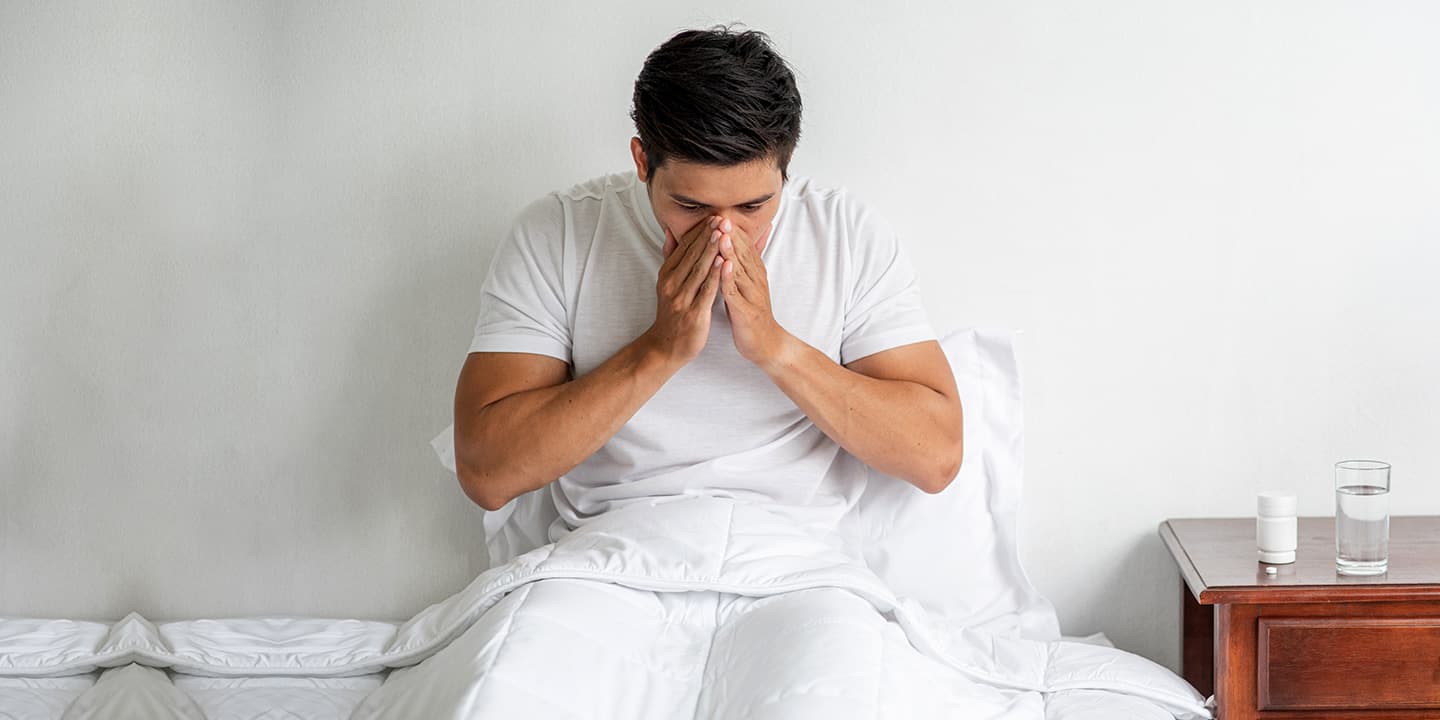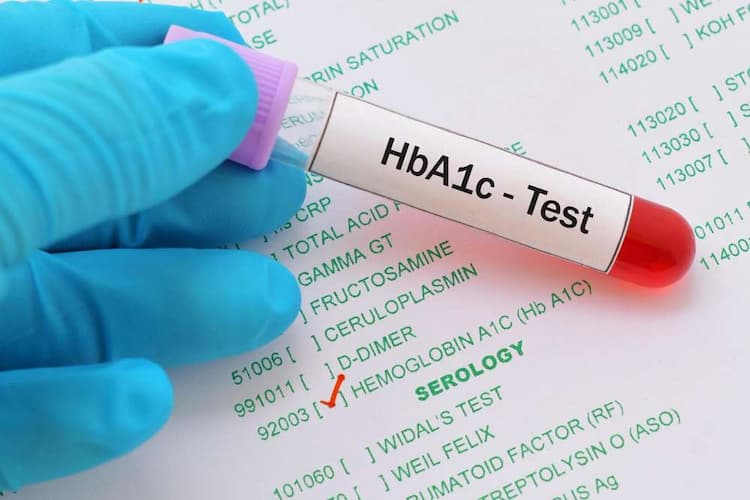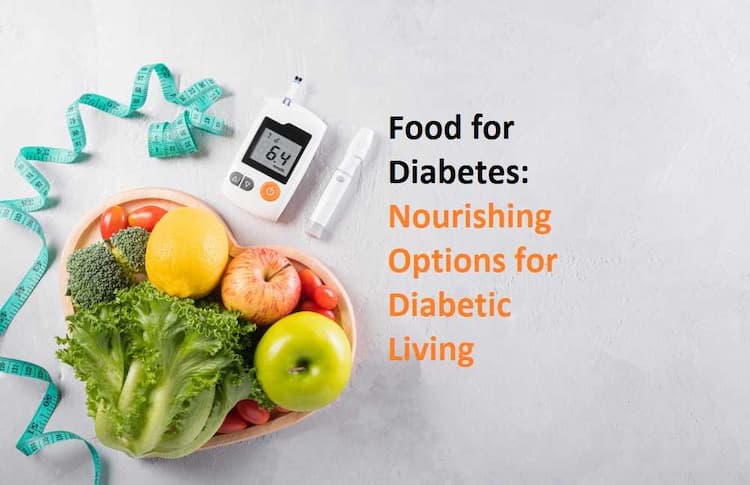6 diseases that you must get screened when you turn 30

Medically Reviewed By
Dr Divya Rohra
Written By Prekshi Garg
on Jun 17, 2022
Last Edit Made By Prekshi Garg
on Mar 18, 2024

If you are a cricket fanatic, the chances are that you are familiar with the name Sourav Ganguly. The former Indian cricket team captain who brought pride and glory to the country made the headlines in 2021 when he reportedly collapsed during his exercise and was rushed to the hospital.
Upon diagnosis, doctors found significant blockages in the three main coronary arteries. Who would have expected, right? A physically fit, sports person with blockages? Sounds farfetched. But that’s exactly what happened. Dr. Devi Shetty, India’s leading cardiologist, who undertook Ganguly’s case, later reported that lack of health screening is a leading cause worldwide.
Seemingly fit people can have a lot of underlying complications that are often left undiagnosed due to a lack of timely and frequent screening. Doctors today persistently emphasize the need for annual health screening after the age of 30.
But, what diseases should you prioritize for the screening? This article will explore the top 6 diseases that you should get regular screening for once you turn 30.
1. Heart Diseases
Cardiovascular diseases are the leading cause of death in men, women, and even children. Recent reports suggest a rise in deaths in younger adults due to heart-related complications.
One of the leading reasons behind this is due to the lack of early diagnosis. More than in women, heart diseases cripple men and are a leading cause of death in men compared to women. Studies even indicate that the average age of a man experiencing a heart attack is 65.4, whereas, in women, it is 70.4.
The manifestation of the symptoms generally starts at an early age, further leading to complications down the road. If you are experiencing any potential symptoms of heart disease, don’t take the symptoms for granted. Instead, seek medical help when it's needed.
2. Prostate Cancer
Following lung cancer, prostate cancer is the second leading type of cancer that affects men. The incidence and risks of prostate cancer increase with age. So, once you turn 30, consider annual screening for prostate cancer to rule out the possible complications.
Since prostate cancer is often a manageable form of cancer when diagnosed early, getting the right degree of screening is beneficial to the overall well-being of a person.
There are very few studies that indicate the possible causes of prostate cancer. However, the primary reason why it's important to get a regular screening is that prostate cancer doesn’t manifest any alarming symptoms in the earlier stages.
Lack of screening and doctor consultation post 30 years can lead to the diagnosis of the disease at an advanced stage, which can be hard to treat.
3. Lung Diseases
Lung diseases, especially Chronic Obstructive Pulmonary Disease (COPD), need regular screening, especially in individuals who smoke or have a genetic predisposition to the disease.
With age, the lung tissues undergo a lot of wear and tear, especially due to the poor air quality, chemicals, and toxic hazards that we frequently inhale.
These complications can lead to risks of COPD, and other lung diseases, which can go undiagnosed until an advanced stage without annual screening. Even if you feel healthy and physically fit, getting a timely check-up is necessary and not an option.
4. Diabetes (Type-2 Specifically)
While Type-1 diabetes is an autoimmune disorder often diagnosed at an earlier stage in life, type-2 diabetes manifests itself as a lifestyle and metabolic disorder.
Most people over 30 often live a lifestyle that triggers the onset of prediabetes and diabetes, which can take a turn for the worse if not diagnosed on time. Bad eating habits, sedentary lifestyle, stress, etc., are some leading triggers.
Common symptoms of type-2 diabetes include frequent urination, excessive thirst, light-headedness, dizzy spell, fatigue, etc.
Getting your blood glucose levels checked every 6 months is considered ideal to rule out any possible underlying complication that could later manifest as type-2 diabetes, which affects individuals more readily above the age of 30.
5. Depression
Not just physical health, a person above the age of 30 should also get mental health evaluation as well. With the looming pandemic and the unrest in life, it isn’t surprising that getting a comprehensive mental health screening is equally important.
The incidence of depression in men is higher than in women, which is often triggered by undiagnosed depression. Around 3.8% of the world’s population is diagnosed with depression, the prevalence more in adults over the age of 30.
Getting timely screening for depression is crucial. Early diagnosis of any underlying mental illnesses paves the way for timely treatment to overcome the complications.
6. Blood Pressure and Cholesterol
Besides heart diseases, getting a routine screening for blood pressure and cholesterol levels is equally important. According to the American Heart Association, people need to get their blood pressure evaluated from 20 years old to rule out complications of hypertension, blockages, etc.
People with risk factors like obesity and diabetes should more readily get routine screenings. Also, genetic predisposition is considered a possible reason you should consider getting cholesterol screening.
FAQs
Should I get HIV and STI Screening after 30?
STI screening should be mandatory for anyone who is sexually active. It is always better to be alert than contract an infection later.
Which tests are important for women to get annual screenings for?
Women should readily get tested for human papillomavirus (HPV), mammograms, pap smear tests, bone density checks, etc., after the age of 30.
How often should I see a doctor after 30?
If you aren’t diagnosed with any chronic disease, it is ideal to see medical consultations once or twice a year, along with a complete health screening.
Conclusion
Getting a comprehensive health screening after the age of 30 is necessary for an early diagnosis of underlying issues and to prevent anything from taking a turn for the worse. We have mentioned the top 6 diseases that need timely and regular screening. However, if you have genetic predispositions to any disease or conditions, get tested for those too at regular intervals.



